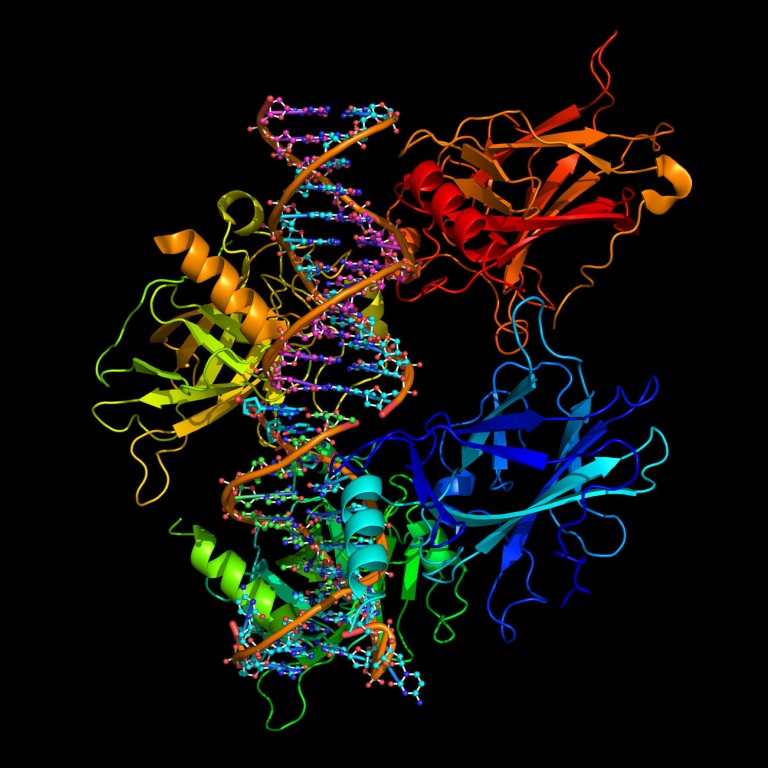
Health bites: Protein affects spread of cancer
A protein used by embryo cells during early development, and recently found in many different types of cancer, apparently serves as a switch regulating the spread of cancer. Researchers in San Diego reported their findings last week in the journal . In breast cancer cells, high-level expression of the protein, ROR1, correlated to higher rates of relapse and cancer spread in patients with a type of cancer called breast adenocarcinoma. Conversely, silencing expression of ROR1 prevented the spread of breast cancer cells in lab animals. The protein holds potential as a singular, selective target for anti-cancer therapies that would leave normal cells unaffected.
Canadian researchers have turned conventional thinking about menopause on its head: they theorise that it's the lack of reproduction that has given rise to menopause, not the other way around. In other words, the McMaster scientists say, men are to blame - due to their preference for younger women in selecting mates. "This theory says that natural selection doesn't have to do anything," says Rama Singh, a professor at McMaster's Department of Biology. "If women were reproducing all along, and there were no preference against older women, women would be reproducing like men are for their whole lives." Menopause not only leaves women infertile, but also vulnerable to a host of health problems due to hormonal changes.
A new study in the journal shows that every 10 tobacco ad sightings boost teens' risk of starting to smoke by almost 40 per cent, and increase chances of daily smoking by 30 per cent. The German researchers monitored over 1,300 non-smokers aged 10 to 15 from different regions in Germany, starting in 2008. After 30 months, one in three admitted to having tried smoking, with one in 10 smoking within the preceding month. When a range of well-known influences for taking up smoking were factored in, smoking among peers proved the strongest influence, followed closely by exposure to tobacco ads.



